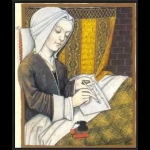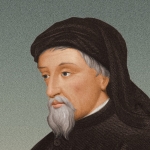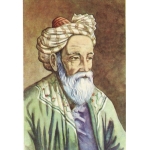My angel, don't think the great stillness is wooing us:
We just haven't slept the same among the letters that have a habit of
For even the best of men go astray with words within the gentle depths
When they are to express something unutterable.
But I believe nevertheless that you need not be left without them as a
Part of me, as a recreation between hesitations,
The boundless ones in moments of doubts.
If you have this affection for things that don't really matter to the poor,
Then everything will become clear, more coherent and somehow more
Conciliatory, not perhaps how I manage to function from day to day
Taking Kenneth's last words to be my daily gospel that "we must write
Every day," but in your innermost consciousness and wakefulness you will
Know I have patience with these black lines that I share with my most
Intimate friends to say I'm still writing to you.
So I sincerely beg you to have no remorse with matters of the heart,
For it is a foolish, overbearing organ that does not have a place to rest
Except in our sleep with dreams it cannot have during our times of
Playful awareness. I only seek, as well as I can, to serve the last
Wishes as a poet. What else is one to do with these unsolved hearts on
Paper? Otherwise they are of no use to anyone but the dreamer who tries
To cherish matters of the heart, like closed rooms to the public in some
Grand museum filled with treasure, or like books written in a strange
Tongue hidden in the library of moments we let slip away fearing it was
What we wanted from the beginning. We stopped searching for the
Answers because we could not live in their blue tents. It's a matter of
Living everything. Live now, and perhaps you will then gradually, without
Noticing it, one distant day live right into the answers of the heart.
8.3.03


















Comment form: